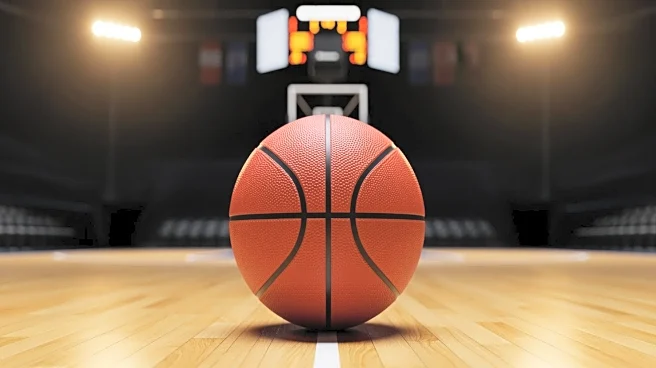What's Happening?
Recent research has highlighted a concerning trend among teenagers who frequently use social media. The study found that teens who spend an hour a day on social media score one to two points lower on reading and memory tests compared to those who do not
use social media. The impact is more pronounced for those spending three or more hours, with scores dropping by up to five points. Experts suggest that the engagement required by social media, as opposed to passive activities like watching TV, might be a contributing factor. Additionally, the use of social media during class or homework time, as well as potential sleep deprivation from late-night usage, are considered possible reasons for the decline in academic performance.
Why It's Important?
The findings of this study are significant as they underscore the potential negative impact of social media on educational outcomes. With social media being a prevalent part of teenagers' lives, the implications for academic performance are concerning. Schools and parents are urged to take action to mitigate these effects. Schools are already implementing measures to reduce screen time during classes, while experts recommend that parents incentivize reduced social media use by offering rewards for academic focus. This approach aims to balance the social benefits of media with the need for academic achievement.
What's Next?
In response to these findings, schools may continue to develop and enforce policies that limit screen time during educational activities. Parents are encouraged to engage in discussions with their children about their social media habits and to establish clear guidelines and restrictions. The study's results could also prompt further research into the long-term effects of social media on cognitive development and academic success, potentially influencing public policy and educational strategies.















